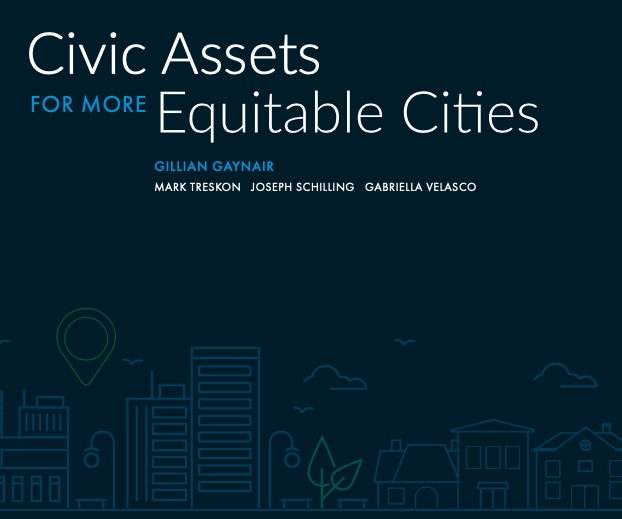

Reimagining the Civic Commons: A Case Study by Urban Institute
Case StudiesAugust 4, 2020 | Urban Institute
For the past four years, Memphis has been proud to participate in Reimagining the Civic Commons, the national initiative to advance ambitious social, economic and environmental goals through transformed public spaces. Participating in this network has helped our project team better engage with the community and create solutions for public spaces that are restoring how we connect to one another in the spaces we share—our parks, libraries, community centers and more. This new report from the Urban Institute examines Reimagining the Civic Commons as a model for the nation.
This report shows how thoughtful and intentional design and programming of our shared public spaces is fundamentally necessary for addressing the social, economic and environmental challenges we face today.
The initial demonstration of the Memphis Civic Commons was built around the Fourth Bluff, in partnership with Innovate Memphis, Memphis River Parks Partnership, City of Memphis, Downtown Memphis Commission, Hyde Family Foundations, Grizzlies Foundation, Library Foundation and the support of local community members and advocates for public space.
Key Takeaways
Reshaping our socially and economically fragmented nation requires bold interventions.
By focusing on a collection of civic assets—rather than a single public space—and on achieving key social, economic, and environmental outcomes, cities can fundamentally shift how they revitalize shared public places. This approach leads to cross-silo, collaborative leadership, more strategic operations, and greater innovation.
Achieving a shared vision for reimagining assets systemically and inclusively requires collaborative leadership from various sectors, departments, and disciplines, as well as local residents.
There is no one-size-fits all approach to this work. Cities can elevate the value of public places and their role in a community by rethinking and prototyping different models of public space operations and co-creating the design, programming, and revitalization of public spaces with everyone from frontline staff to neighborhood residents.
Reimagining the design and programming of a city’s shared public spaces requires an “innovation mindset,” with room for leaders to iterate an idea, stumble, or even fail. This approach means that a community’s changemakers—policymakers, neighborhood residents, entrepreneurs, nonprofit leaders—continuously learn from and reflect with each other, and measure the impact their investments are making on people’s lives, their neighborhoods, and the broader community. Continuous learning and reflection, aided by systematically tracking outcomes, helps build more flexible and vital civic assets that lead to equitable social change.
Shared Learnings
Cities that want to invest in public spaces for social, economic, and environmental reasons—and ensure that their investment has a long-lasting impact and sparks systemic change—can adopt several strategies to achieve their goals, including:
Expand from placemaking to “place-keeping”— the long-term management of public spaces—to include neighborhood job opportunities, workforce development, and wealth-building support that will sustain investments in the civic commons.
Revamp community and economic development funding to include financing the revitalization and programming of civic assets.
Advocate for policy change to support investment in public spaces in collaboration with community organizers, which can help elevate understanding of the social and economic benefits of revitalized public spaces and encourage more resources to help sustain projects and programs.
Collect and share data and stories with policymakers, so they have evidence of the social, environmental, and economic returns on investment in civic assets.
Institutionalize the reimagining of civic commons through annual budgets, program requirements, regulations, and ordinances so the approach extends beyond one or two mayoral administrations.
©2024 Innovate Memphis. All Rights Reserved
Created by eBiz Solutions.


